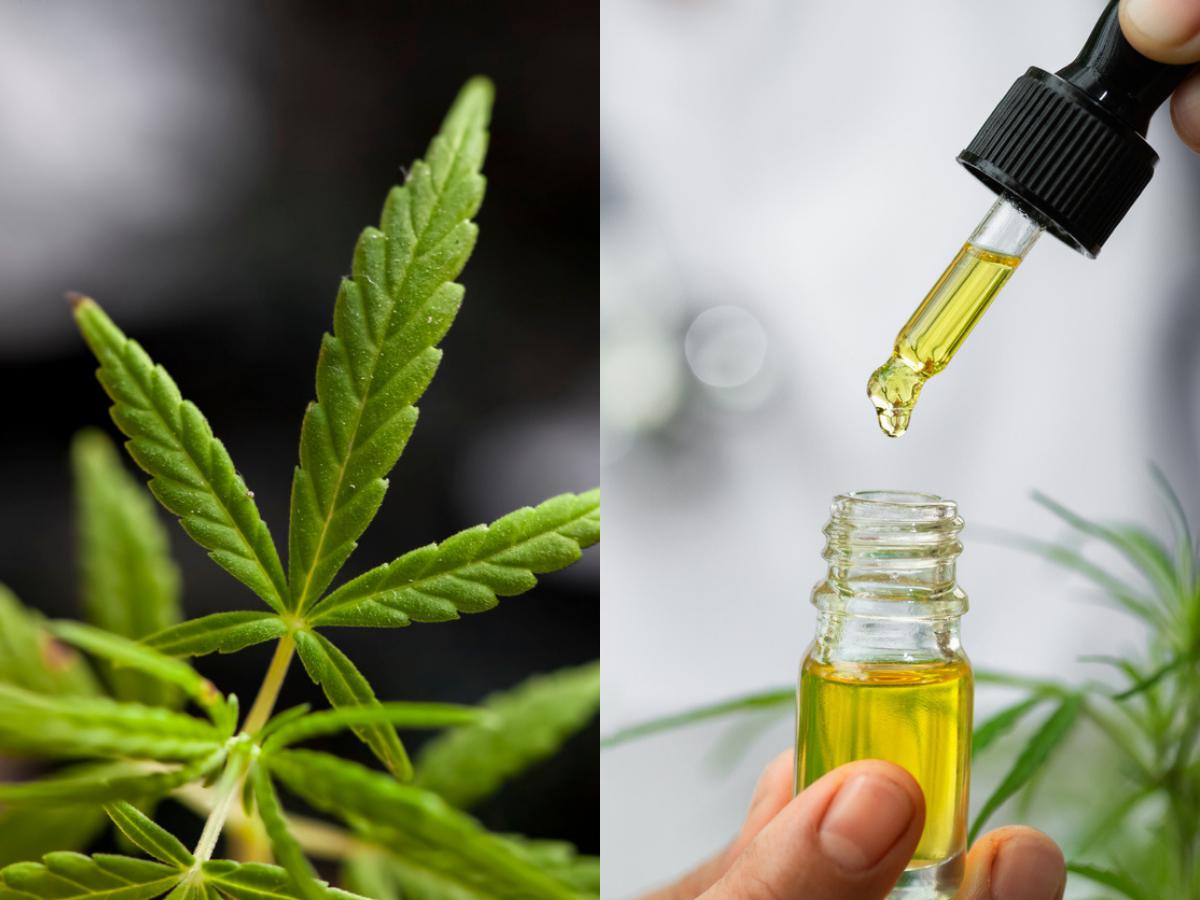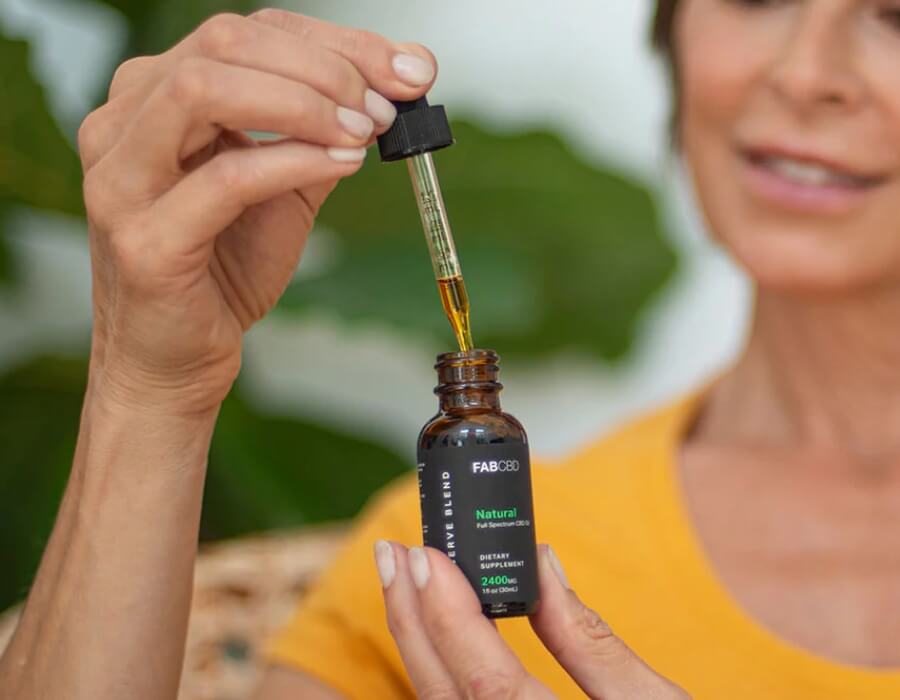
If CBD oil is something that you have been considering purchasing, it's likely you are wondering what to look out for. While all CBD oil has its own benefits, not all CBD products are created equal. Third-party lab testing is the best source of accurate information about oil contents. These results will not only reveal the amount of cannabinoids present in the product but also show if there are any contaminants. South Africa is the only country where CBD products can legally be purchased. The maximum THC content in South Africa is 0.001%.
Full-spectrum CBD oil contains zero THC
Full-spectrum CBD products are low in THC. This is great news for anyone who worries about THC levels in full-spectrum CBD products. THC can be detected in CBD from hemp. However, this should not result in a positive test. The plant contains less then 0.3 percent THC. THC can be found in CBD products, although it is minimal and not harmful.

Full-spectrum CBD products can still contain THC, even though they lack psychoactive effects. THC is often less than 0.03% in full-spectrum products. Flavonoids, essential oils, terpenes and other cannabinoids can also be included in full-spectrum CBD products. To find the best product for you, it is crucial to carefully read the label.
Broad-spectrum CBD oil contains terpenes & other minor cannabinoids
A broad-spectrum CBD oil contains all the cannabinoids in the cannabis plant, except THC. Broad-spectrum CBD oil contains many beneficial compounds, including CBD as well as terpenes. Different people will experience different benefits depending on their health history, lifestyle, and physiology. Some people prefer a broad-spectrum product, while others might be more sensitive to THC's psychoactive effects.
This process removes everything from the cannabis plant except the cannabinoids of interest, leaving only the terpenes, flavonoids, and other minor cannabinoids. This CBD oil may also be known as a full spectrum CBD oil. Full-spectrum CBD oil has 99.9% purity and is often referred to as a broad-spectrum product.
Isolate CBD oil has terpenes and other minor cannabinoids
When comparing the two types of CBD, it's worth noting that full-spectrum and isolate CBD contain different amounts of these compounds. Full-spectrum CBD has more compounds than isolate CBD. As such, it is less likely that the product can pass drug testing at work or undergo workplace drug screening. CBD isolate has some disadvantages.

There are a number of reasons to use isolate CBD oil. It should not contain THC, the psychoactive component of cannabis. Due to the lack of FDA regulations, CBD isolated should not give you high. Some isolates may also contain impurities. You should always read the label before you purchase CBD.
FAQ
Is CBD a good place to invest?
As people learn more about the benefits of hemp-based products, the market for them continues to grow. There could be $1B worth of hemp products on the shelves by 2022.
The market is expected to continue growing at over 20% per year until 2020 when it reaches $2.5billion.
Hemp oil is already used in many beauty and health care products such as lotions, shampoos, lip balms, moisturizers, body butter, and skin creams.
A number of companies produce CBD-infused beverages, pet foods, dog treats, snacks, and other food items.
CBD is currently legal in all 50 US states. This may change quickly. Businesses will find it easier to legally operate legally as more research is done on CBD's potential uses.
These factors make it clear that CBD investing can be a profitable venture.
What are the prospects for the CBD industry in the future?
The future of the CBD industry is bright. It's easy to see why so many people are jumping on board with this sector. This market is expanding exponentially with CBD products being purchased globally at a total of $1 billion.
Statista predicts that global sales of cannabidiol in 2019 will reach $22.4 million. That's almost 200% more than in 2018!
A compound annual growth rate (CAGR) of 22.5% is predicted for the CBD market, which will translate into nearly $6.8 Billion in revenue by 2022.
This is good news for both companies that want to enter the CBD market and those who are already in this sector. The CBD market is still young and may face challenges.
How much CBD do I need?
The type of product that you're buying determines how do you decide to do it.
CBD oils come in a variety of strengths, ranging from 100mg-1000mg per bottle.
Some CBD products come in specific doses such as 25mg 50mg and 75mg.
Charlotte's Web is an example of a company that makes CBD products with exact amounts of CBD and other cannabinoids.
If you're unsure about CBD's effectiveness for you, you can try a lower dose.
You can always go higher later.
Is there a CBD industry that is growing?
The answer is yes! The answer is yes! Legalization will continue to spread across North America, and this growth will continue. Canada is the only country that has legalized recreational use of cannabis. Many states have also passed medical marijuana laws.
As more states legalize medicinal marijuana, this trend will likely continue for at minimum a decade.
From an economic standpoint, legalizing marijuana is also sensible. Legalizing pot can provide many benefits, not only for farmers but also for the general public.
It could reduce crime rates, by decreasing illegal drug availability. It could also bring in tax revenue to governments.
People may choose to drink less alcohol as legal marijuana becomes more popular. This would result in fewer hangovers, and lower healthcare costs.
People with chronic pain may also find marijuana to improve their quality life. Many believe that THC (the active ingredient in marijuana) helps to relieve the symptoms of nausea and muscle spasms associated with chemotherapy.
Finally, marijuana might become a valuable tool for treating mental illnesses such as depression and anxiety. Some studies even suggest that marijuana may be able to treat schizophrenia.
Even though the CBD sector looks bright, there are still many challenges.
What are the most effective uses of CBD?
CBD is an effective alternative to treating anxiety. It can also be used to treat pain and inflammation, depression, epilepsy, epilepsy, pain, and other conditions.
CBD can be consumed in many different ways. CBD can be taken in many different ways.
CBD has many health benefits. It has been proven to ease chronic pain, PTSD and anxiety.
Statistics
- While the primary injury may not be treatable, interventions that attenuate secondary sequelae are likely to be of benefit [203].Only one study (ncbi.nlm.nih.gov)
- A recent study [161] also found that in vitro CBD treatment (i.e., ≤ 2 h exposure to 10 μM) induced ~40% vasorelaxation in isolated (pre-constricted) (ncbi.nlm.nih.gov)
- A recent systematic review of human trials also reported that individuals with epilepsy receiving CBD (5–20 mg·kg−1·day−1) were more likely to experience decreased appetite than those receiving placebo (i.e., ~20 vs. 5% of patients) (ncbi.nlm.nih.gov)
- The use of these products is likely to become even more widespread if the World Health Organization's recommendation that CBD no longer is scheduled in the international drug control conventions is adopted by the United Nations member states [201]. (ncbi.nlm.nih.gov)
- The inhibition of FAAH is predicted to lead to an increase in brain and plasma concentrations of AEA, which acts as a partial agonist at CB1R and CB2R, thereby increasing endocannabinoid tone [92, 110]. (ncbi.nlm.nih.gov)
External Links
How To
What are the issues that the CBD industry faces?
The market for CBD is growing at an astonishing rate. However, this market is still full of challenges for businesses that want to expand. These include a lack consumer awareness, high-cost entry, limited access capital and regulatory uncertainty.
Many consumers don't understand what CBD is and how it works. This means that they cannot make informed decisions about whether or not to buy CBD products.
CBD companies are heavily dependent on word-of–mouth marketing. This is costly because they have to pay for advertising and hire staff to promote their brand.
High production costs are another problem facing new entrants in the CBD industry. The raw materials needed to create CBD products are quite expensive. CBD oil is made from hemp that has been grown in particular climates.
Growing enough hemp to make CBD oil takes around $1,000 per acre. Many small farmers can't afford to begin.
Access to capital is another challenge for new entrants in the CBD market. Many people who want to start a business are discouraged by banks due to the stigma associated with the industry.
Last but not least, there is regulatory uncertainty regarding the sale and distribution of CBD products. There are currently no guidelines on how CBD products should marketed.
Although states have passed laws restricting CBD products sales, these policies are not yet national.
Only Nevada, Maine, and Nevada have legalized recreational pot.
However, some states like Massachusetts and Michigan are considering similar measures.
These changes could cause increased competition among CBD manufacturers.
These factors lead to many entrepreneurs choosing to work from their home instead of starting a physical company.